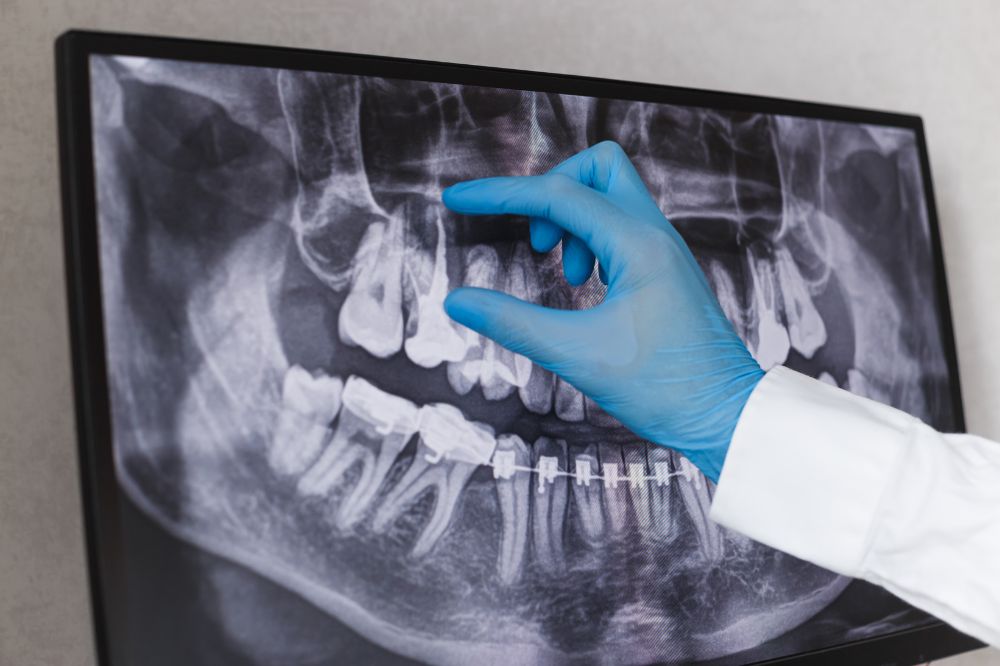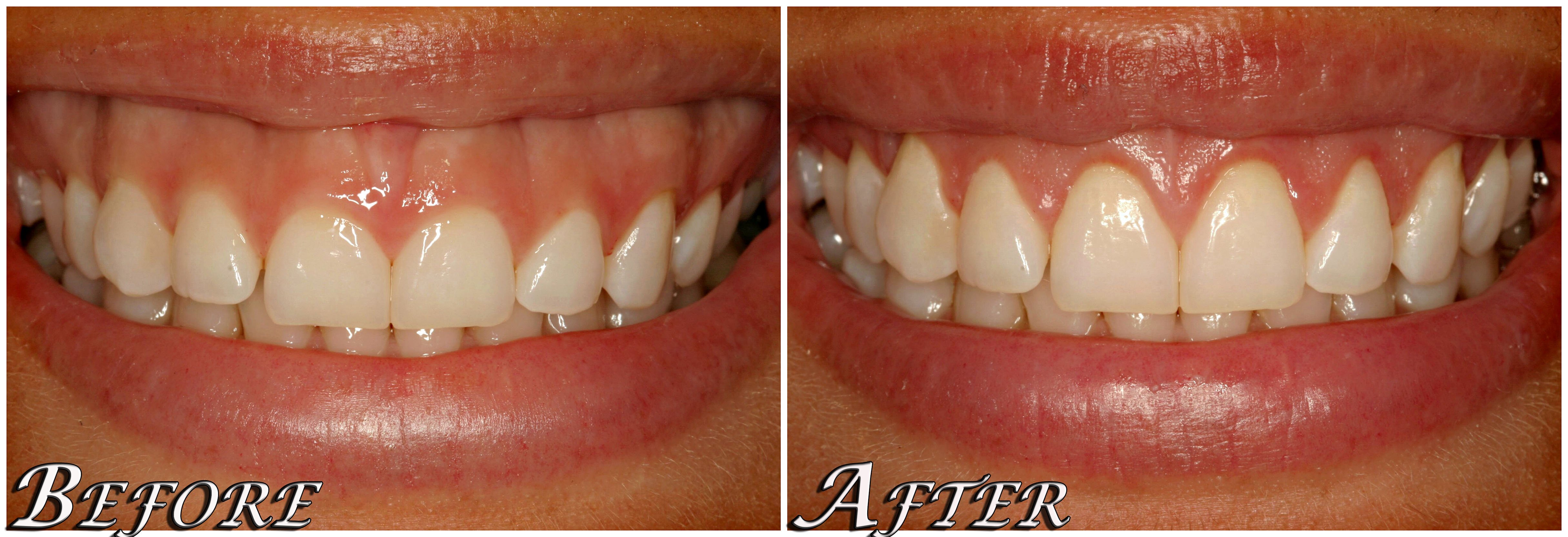Understanding the Apicoectomy Surgical Procedure at DRHC Dubai
An apicoectomy is a minor surgical procedure that’s done on children and adults as a way to save teeth that are at risk of extraction. An apicoectomy is also known as root end surgery or apical surgery, which refers to the “apex,” or end, of the tooth. It involves the removal of a tooth’s root tip and surrounding tissue.
What is an Apicoectomy?
An apicoectomy, also known as endodontic microsurgery, is a specialized dental procedure that targets the root tip of a tooth. It is often performed when traditional root canal therapy has failed or is not feasible. Apicoectomy is usually performed by a surgeon and involves the removal of a tooth’s root tip and surrounding tissue that is infected.
Why is Apicoectomy used
To save the tooth and prevent further complications, an Apicoectomy is recommended for failed root canal treatment that has already been performed on a tooth. When there’s an anatomical concern with the root tip, such as one root crowding into the space of the root next to it, an apicoectomy may help prevent problems that could affect multiple teeth later on. If an apicoectomy is recommended, it’s because there’s no alternative except removal of the entire tooth and later replacing the missing teeth with an implant, bridge, or a removable partial denture to keep the nearby teeth from shifting.
Is Apicoectomy painful?
An apicoectomy is slightly more invasive than a typical root canal surgery, meaning the recovery time is usually more. Patients will be given local anesthesia during an apicoectomy procedure to help prevent any pain. Minor discomfort and swelling are usual after the procedure.
Step-by-Step Process of Apicoectomy:
- First, you’ll be given a local anesthetic to numb the area around the affected tooth.
- Your surgeon separates the gum and pushes the gum tissue aside to reach the root. Usually, just a few millimeters of the root are removed, and also any infected tissue surrounding the root.
- After the root tip is removed, the root canal inside the tooth is cleaned and sealed with a small filling to prevent future infection. Your doctor may then take another X-ray to make sure your tooth and jaw look good and that there are no spaces where a new infection could take hold.
- The tissue will then be held by threads so your gum can heal and grow back in place. Your jawbone will heal at the end of the root. You shouldn’t feel any pain or discomfort during the procedure.
An apicoectomy usually takes 30 to 90 minutes. The location of the tooth and the intricacy of the root structure can affect the time needed to complete the surgery.
Post-apicoectomy and recovery:
- First and foremost, it's crucial to follow the post-operative care instructions provided by your oral Maxillofacial surgeon. This may include taking prescribed medications, such as antibiotics or pain relievers, as directed. These medications will help manage any discomfort and prevent infection during the healing process.
- To promote faster healing, it's important to maintain good oral hygiene. Gently brush your teeth twice a day using a soft-bristled toothbrush and a non-alcoholic mouthwash recommended by your dentist. Be cautious around the surgical area, avoiding excessive pressure or vigorous rinsing for the first few days.
- During the initial stages of recovery, it is advisable to stick to softer foods that require minimal chewing. Incorporate nutrient-rich options like yogurt, smoothies, mashed potatoes, and soups into your diet. Avoid hot or spicy foods that may irritate the surgical site.
- Swelling is a common side effect after apical surgery. To reduce swelling and alleviate discomfort, apply an ice pack wrapped in a thin cloth on your cheek near the surgical area for 15-20 minutes at a time throughout the first 24-48 hours following surgery.
- Rest is vital for proper healing. Take it easy for at least 24 hours after surgery, avoiding strenuous activities that could potentially disrupt the healing process or cause bleeding.
- Lastly, attend all scheduled follow-up appointments with your oral surgeon so they can monitor your progress and provide any necessary adjustments or additional guidance for optimal recovery.
Apicoectomy Success Rate:
Apicoectomies are considered routine outpatient dental procedures. Apicoectomy, the surgical procedure for treating dental infections, has an incredibly high success rate. This innovative technique not only saves your natural tooth but also restores its health and functionality. With advanced technology and skilled professionals, apicoectomy has become a reliable solution for dental problems with a 91.4 percent success rate after 1 year.
Risks and Complications of Apicoectomy:
Very rarely, you may experience further infection or nerve damage. However, these are unlikely complications, and they can occur with many types of dental procedures, not just an apicoectomy.
Failure:
An apicoectomy is considered a failure if it fails to relieve symptoms or doesn’t heal properly it all depends on the importance of choosing an experienced and qualified oral surgeon.
Apicoectomy, also known as endodontic surgery, is a specialized dental procedure that targets the root tip of a tooth by an Expert Oral Maxillofacial surgeon
.png?width=281&height=59&name=bookanappointment%20(1).png)
Are you looking for a leading dentist in Dubai, or leading dental clinic in Dubai, or a pediatric dentist in Dubai? DRHC provides the leading dentist for dental implants and Cosmetic dentistry. and Oral Maxillofacial Surgery Clinic in Dubai. To book your appointment, please call +97142798200 today!




.png?width=281&height=59&name=bookanappointment%20(1).png)
.jpg)


